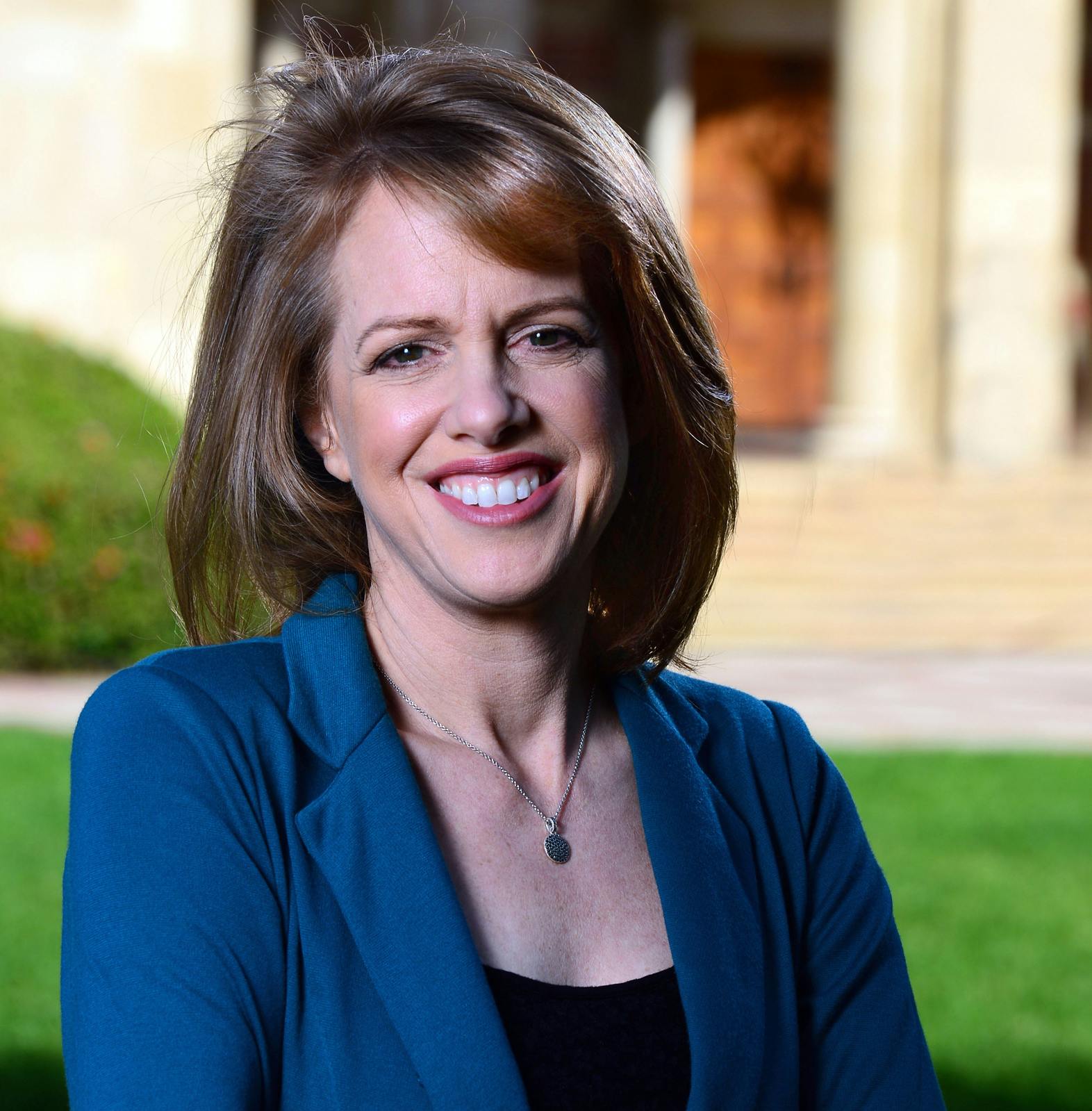Professor Linda Sax has received a $2 million grant from the National Science Foundation (NSF) to support a longitudinal follow-up of the “Building Recruiting and Inclusion for Diversity” (BRAID) Project, of which she is principal investigator. The project, which was established in 2014, is funded by corporate sponsors including Facebook, Google, Intel, and Microsoft. The new NSF grant will support “Building Recruiting and Inclusion for Diversity (BRAID) in the Computer Science Major: A Longitudinal Research Study.”
The BRAID initiative is a partnership with universities across the nation to increase the percentage of women and students of color majoring in computer science, led by Professor Sax, Maria Klawe, President of Harvey Mudd College and Telle Whitney, CEO of the Anita Borg Institute. The 15 BRAID universities are Arizona State University, Missouri University of Science and Technology, New Jersey Institute of Technology, University of California-Irvine, University of Illinois at Chicago, University of Maryland-Baltimore County, University of Maryland-College Park, University of Nebraska-Lincoln, University of North Texas, University of Rochester, University of South Carolina, University of Texas at El Paso, University of Vermont, University of Wisconsin-Milwaukee, and Villanova University.
Each university has committed to a set of approaches to increase diversity within their computer science departments and to providing data for a study that will document progress made over the course of three years. Sax currently leads a mixed-methods research project to investigate the effectiveness of various departmental efforts to recruit and retain more women and underrepresented minority students in the computer science major at BRAID institutions. Qualitative components include interviews and focus groups with department chairs, faculty, administrators, and students. Quantitative elements involve surveys of students taking introductory computer science courses and of faculty who teach those courses.
The follow-up study enabled by the NSF grant will allow Sax and her research team to track introductory computer science students at the 15 BRAID institutions over the course of their college careers. Students who are pre- and post-tested during the first wave of data collection (2015-2017) will now be followed-up annually through 2019, and possibly beyond.
Sax notes, “It’s one thing to understand who enrolls in introductory computer science, but another thing to examine what happens to those students over time. Are there certain teaching practices and classroom or departmental environments that encourage women and other underrepresented students to persist towards a computer science degree? Are there practices and environments that inhibit that? These are critical questions if we want to both attract and retain a diverse pool of students, especially at a time of expanding opportunities in computer science.”
Professor Sax teaches in the Higher Education & Organizational Change Division (HEOC) at UCLA Ed & IS. She is the author of The Gender Gap in College: Maximizing the Developmental Potential of Women and Men (San Francisco: Jossey-Bass. 2008) and numerous studies of women’s experiences in STEM fields.
Above: Photo by Rich Schmitt Photography
